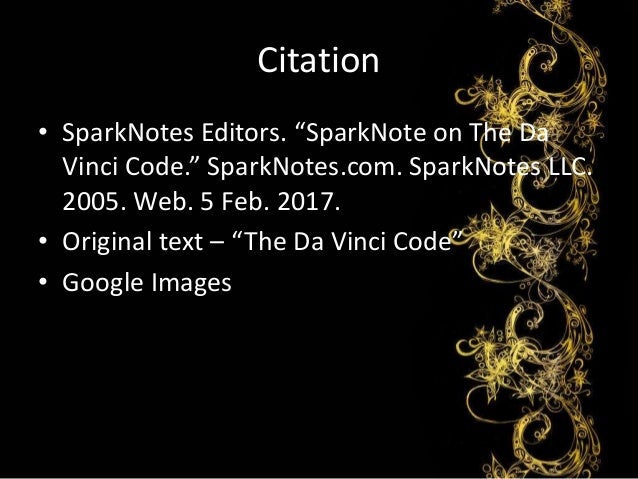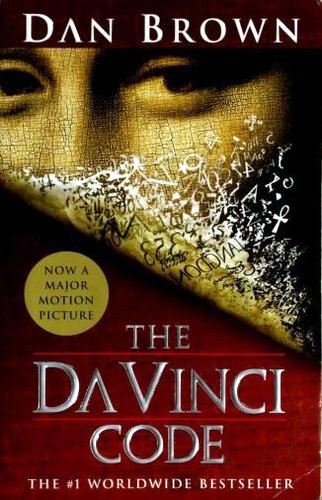

Information is a name for the content of what is exchanged with the outer world as we adjust to it, and make our adjustment felt upon it. In a complement to Hannah Arendt’s contemporaneous insight into how tyrants use isolation as a weapon of oppression and manipulation, Wiener explains why, under this model of information systems, communication and control are inexorably linked: (Today’s social media ecosystem is a superficial but highly illustrative example of this.) Wiener had coined the word cybernetics two years earlier, drawing on the Greek word for “steersman” - kubernētēs, from which the word “governor” is also derived - to describe “the scientific study of control and communication in the animal and the machine,” pioneering a new way of thinking about causal chains and how the feedback loop taking place within a system changes the system itself. Half a century before the golden age of algorithms and two decades before the birth of the Internet, the mathematician and philosopher Norbert Wiener (November 26, 1894–March 18, 1964) tried to protect us from that then-hypothetical scenario in his immensely insightful and prescient 1950 book The Human Use of Human Beings: Cybernetics and Society ( public library) - a book Wiener described as concerned with “the limits of communication within and among individuals,” which went on to influence generations of thinkers, creators, and entrepreneurs as wide-ranging as beloved author Kurt Vonnegut, anthropologist Mary Catherine Bateson, and virtual reality pioneer Jaron Lanier. They feed understanding or emotion back and forth and amplify it.” But what happens when words are stripped of their humanity, fed into unfeeling machines, and used as currencies of information that no longer illuminates? “They transform both speaker and hearer they feed energy back and forth and amplify it.

Le Guin wrote in the same era in her exquisite meditation on the magic of real human communication. “Words are events, they do things, change things,” Ursula K. “Information will never replace illumination,” Susan Sontag asserted in considering the conscience of words.


 0 kommentar(er)
0 kommentar(er)
